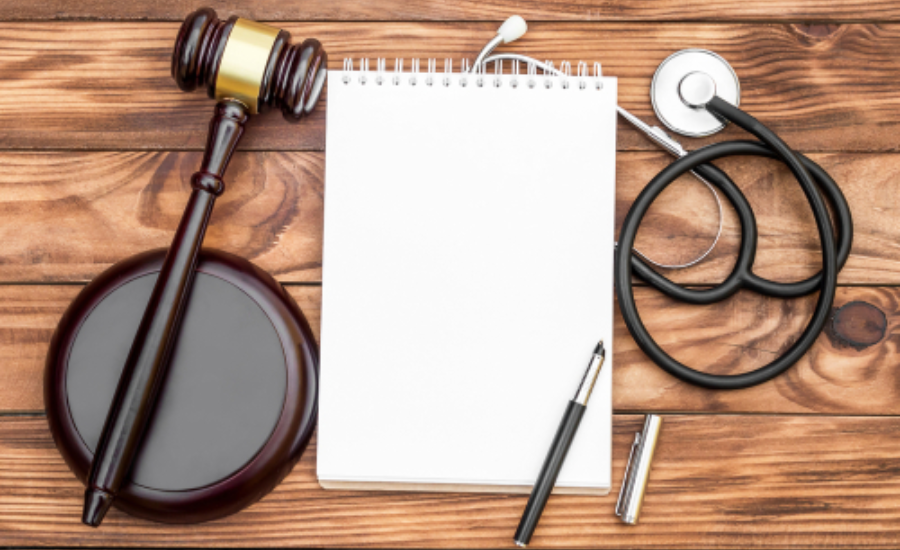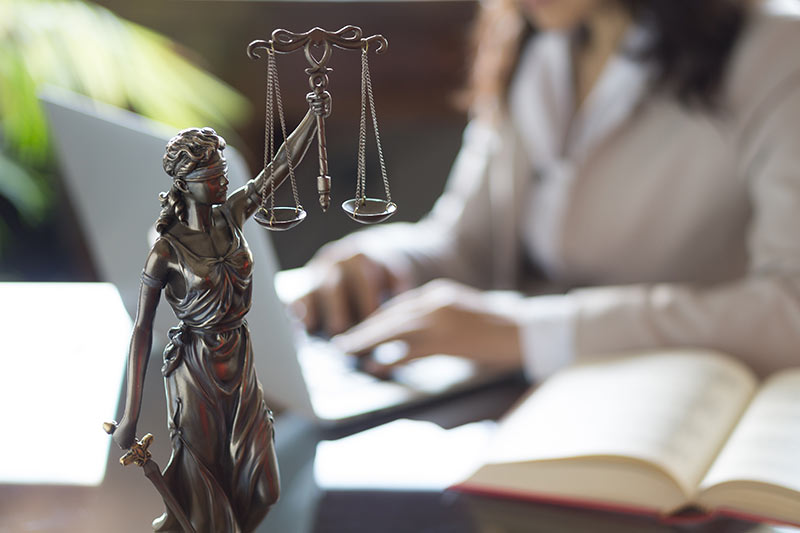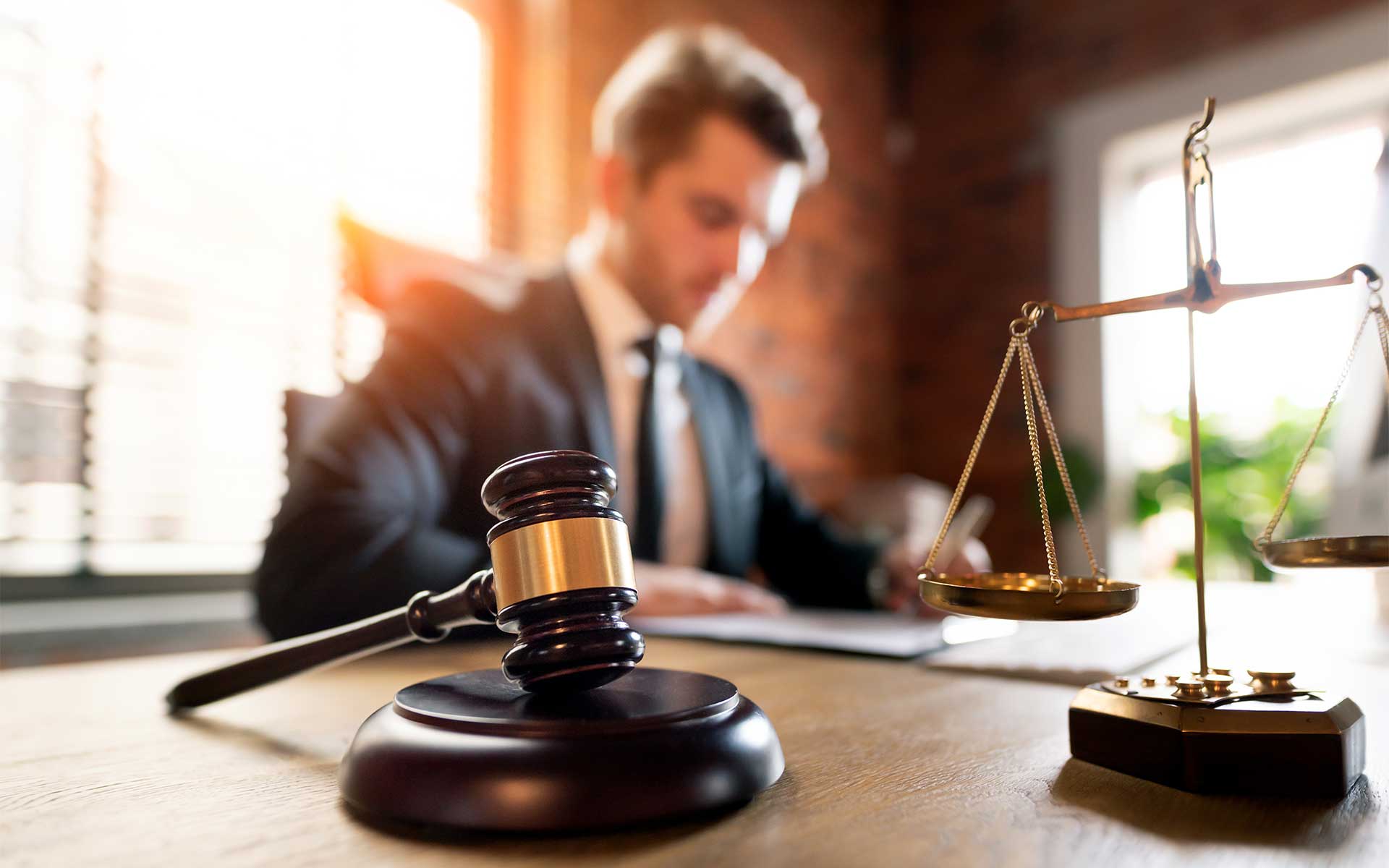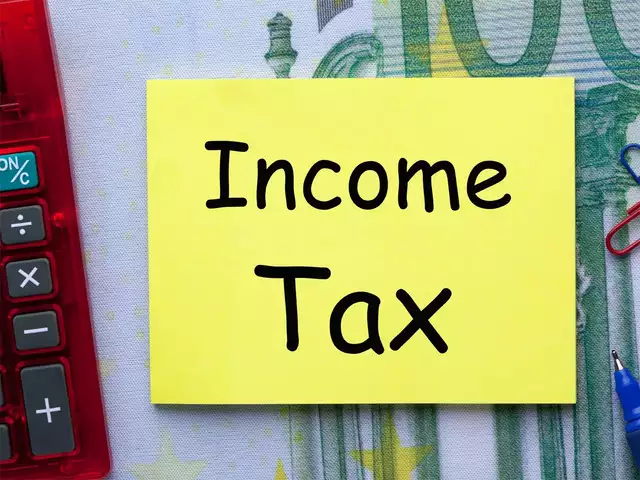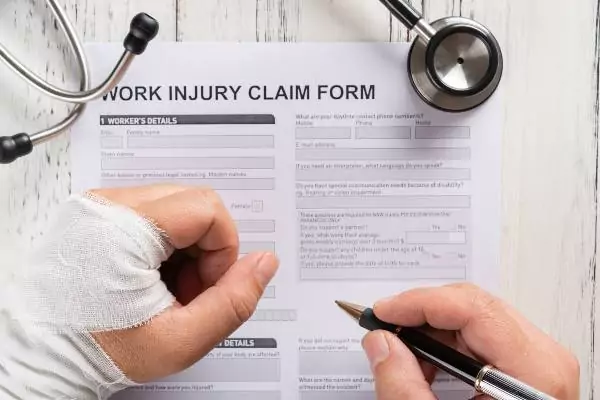Accidents don’t knock on your door. They happen when you least expect them. A drive to work can end up in the ER after a T-bone accident at the intersection. In the same way, a trip to the grocery store can leave you in casts after breaking your arm in a slip-and-fall incident. Accidents can be unforgiving, leaving you reeling with physical, emotional, and financial stress. That is why you deserve justice through compensation.
Read on to learn all there is to know about the principles of personal injury compensation and what you must do to win.
Understanding Personal Injury Lawsuits
You can pursue compensation through a personal injury lawsuit if you suffer harm due to someone else’s negligence or intent. Some examples of qualifying incidents include:
- Workplace accidents
- Slips and falls
- Car accidents
- Truck accidents
- Animal bites
- Medical malpractice
- Product liability
These accidents are connected by the concept of negligence, which is governed by four principles, as you will see below:
- Duty of care: This is the first concept of negligence that you, the plaintiff, must prove in any personal injury suit. You must show that the defendant owed you a duty of care in that they should have acted reasonably to prevent harm.
- Breach of duty: Next up, you must prove that the defendant failed to act with reasonable care towards you.
- Causation: Once you have successfully proven that the defendant owed you a duty of care they failed to uphold, you must prove that the breach was the direct cause of the injuries you sustained.
- Damages: To win the case, you must have suffered actual damages, including medical expenses, lost wages, and pain and suffering.
Remember, the burden of proof is on your shoulders as the plaintiff. Hence, you must provide evidence to win the case. The more robust and credible the evidence, the higher your chances of winning.
That is why you should consult a qualified Louisiana personal injury attorney. Your lawyer will help you gather evidence and they will advise you on what pieces of evidence hold merit and those that don’t.
While your attorney will be responsible for gathering part of the evidence, you, the plaintiff, also have a role to play. You must also take part in evidence collection, often right from the incident scene.
You should take photo evidence of the surrounding area, the involved parties, and any property damage. Even when seeking medical attention, you should document all medical expenses like prescriptions, receipts, doctor appointment notes, reports, and other related documents.
Navigating Insurance Companies
“As any Louisiana personal injury attorney will tell you, it’s never a good idea to consult with insurance adjusters without your lawyer,” says attorney Frank Tomeny III . Sure enough, adjusters may contact you after the accident to get your side of the story. Don’t be fooled. While you are playing the same game, you are their opponent, and it’s a game everyone is looking to win. For them, they win by reducing financial liability for their employer.
As such, they may attempt to poke holes in your argument to undermine the claim. That’s why it’s best to let your attorney talk. They are well-versed in negotiating with these agents and have your best interests at heart.
Final Words
Do not shoulder the burden of a personal injury alone. Consulting and enlisting the services of a qualified Louisiana personal injury attorney’s services is likely in your case’s best interest.
Don’t miss the latest updates and alerts visit: Internal Insider!






